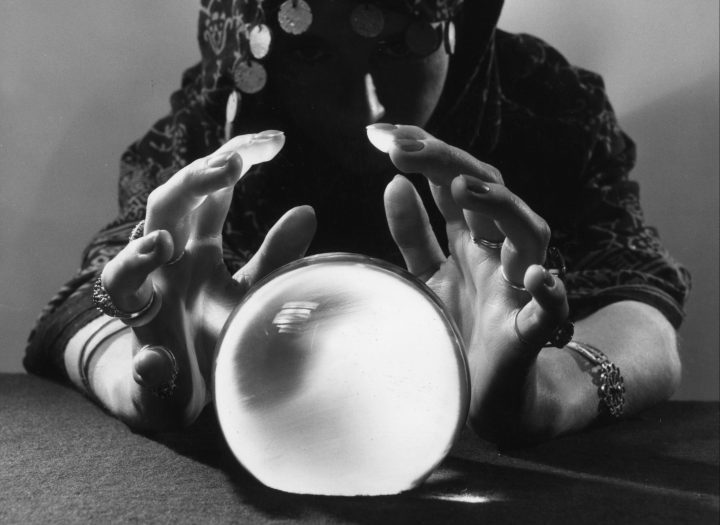
When and why it’s worth taking a look at equity index futures
When and why it’s worth taking a look at equity index futures

It’s been a volatile couple of weeks on Wall Street. Because of that, a particular type of financial security known as “equity index futures” has been getting more attention than usual. But what are index futures, and what can they tell you about the economy?
Let’s start with the basics
Futures contracts are a type of financial security in which two parties agree to buy or sell an asset on a predetermined date at a predetermined price. Companies and investors can use them to reduce their exposure to unfavorable changes in the value of an asset.
Time for an example
“Suppose that you’ve got a grocery store owner that wants to sell apples in his store next October when apples are in season,” said Michelle Lowry, TD Bank professor of finance at Drexel University. “So the grocer is sitting there saying, ‘Well, I know I’m going to need to buy apples come October, but I don’t know what the price is going to be. That’s very uncertain. And I don’t like uncertainty.’”
The grocer could wait until October to purchase apples, or they could enter into a futures contract. “The grocer would agree now to pay some price that they agree on for a bushel of apples in October,” Lowry said.
The grocer wouldn’t actually buy the apples now, but by entering into a futures contract, they’d lock in the price they’ll pay for apples in October, thereby protecting themselves from huge increases in the price of apples.
OK, so what about equity index futures?
Equity index futures work the same way, but instead of agreeing to sell apples at a predetermined price and date, two parties are agreeing to buy shares in a stock index like the S&P 500 or Dow Jones Industrial Average at a predetermined price and date.
Just like the grocer from our example above could use futures contracts to hedge against unfavorable changes in the price of apples, investors can use equity futures to hedge against unfavorable swings in the stock market.
What can you learn by looking at them?
“Every morning, I wake up before the stock market opens and look to see how markets are reacting pre-market open,” said Adam Grealish, director of investing at an online investing company called Betterment.
Equity index futures contracts trade on exchanges with different trading hours than the New York Stock Exchange and the NASDAQ. Because of that, traders can use the futures market to adjust their positions overnight and late in the day on Sundays.
“That’s the reason that futures prices represent sort of, in aggregate, across everybody, people’s average expectations of what the market is going to do,” Lowry said. “That is, if you watch the futures market, you know, you get up in the morning, make your cup of coffee, you turn on the TV and it says that futures are down 2%. That’s a pretty good indication that the market is going to open down about 2%.”
Equity index futures are not a crystal ball
Though taking a look at equity index futures on Sunday and weekday evenings or before trading begins in the morning can provide some insight into how traders are digesting news, Lowry cautioned against thinking of the index futures market as a crystal ball for individual investors.
“If futures are down 2%, that does not mean that you should go selling your stocks, and if it’s up 2% that does not mean you should go buying more stocks,” Lowry said. “It’s an indication of where the market is going to open, it is not an indication of a profitable trading strategy.”
What do you want explained next?
There’s a lot happening in the world. Through it all, Marketplace is here for you.
You rely on Marketplace to break down the world’s events and tell you how it affects you in a fact-based, approachable way. We rely on your financial support to keep making that possible.
Your donation today powers the independent journalism that you rely on. For just $5/month, you can help sustain Marketplace so we can keep reporting on the things that matter to you.












